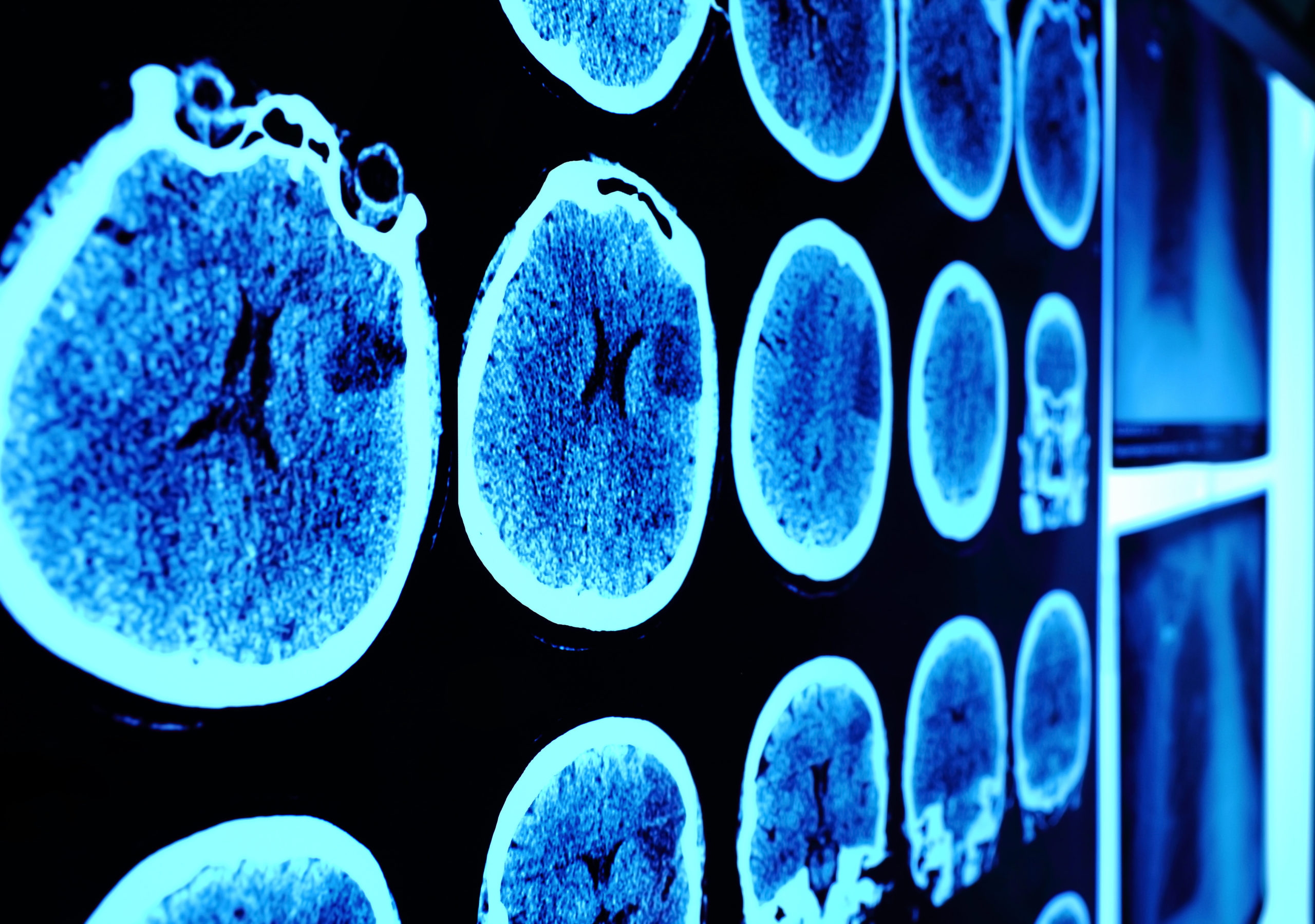Migraine and genetic
Migraine is associated with a polygenic inheritance
Migraines and genetic: A new study has found that some families are especially sensitive to Migraines and that genetics influences the type of migraine suffered by affected people.
Migraine is a disease that has as its main symptom headache, throbbing, unilateral, accompanied by nausea or vomiting, sensitivity to light or sounds, usually very intense and disabling for those who suffer it.
It´s a very frequent condition, whose origin is a combination of genetic and environmental factors. It affects between 11% and 16% of the general population, with the highest incidence in women. It is more frequent in America, followed by Europe and finally in Africa and Asia.
Previous research had identified two ways in which migraines can manifest themselves in families. One of them recognized 3 Mendelian genes associated with a hemiplegic migraine, a severe form of a migraine whose symptoms resemble that of a cardiovascular accident (CVA).
Polygenic inheritance and risk of migraine
Another form of migraine prevalence in families, previously discovered, involves polygenic inheritance, which means that it involves the intervention of a group of specific genes with different versions (alleles) interacting with each other to provoke the manifestation of this disease.
The new research, as explained in a statement, has discovered that polygenic variants involve a higher risk of migraine than Mendelian genes associated with the first form already described.
What this research has clearly established is that migraines that appear within the same family are due more to the interaction of a group of genes with different versions (alleles), than to the presence of three homogeneous Mendelian genes unrelated some with each other.
Common genetic variants and its influence in migraine
This shows that common genetic variants are very important factors in the multiplication of migraines within the same family, although there is still work to determine which more common polygenic variants are related to migraines, as well as the influence of the variants Mendelian.
Although Mendelian genetic variants do not cause the majority of migraine cases, scientists will now be able to investigate how these genes impact the biological pathways responsible for the symptoms of migraines and develop medications to protect these pathways from genetic influences.
To reach these results, the research, directed by the Finnish Aarno Palotie, focused on determining the degree of influence, both of the Mendelian genes and of a polygenic accumulation, in the migraines that are inherited among the members of the same family.
The study shuffled data from 1,589 families, composed of 8,319 individuals, with a medical history of migraines. These data were compared with data from another group of 14,470 people, of whom 1,101 had migraines.
The researchers identified 45 families who suffered from hemiplegic migraines and sequenced their genes. They found that only 4 of them were caused by Mendelian genes, while the majority were caused by polygenic variants.
Source: https://www.cell.com/neuron/fulltext/S0896-6273(18)30322-2














